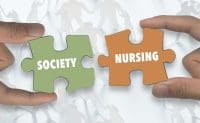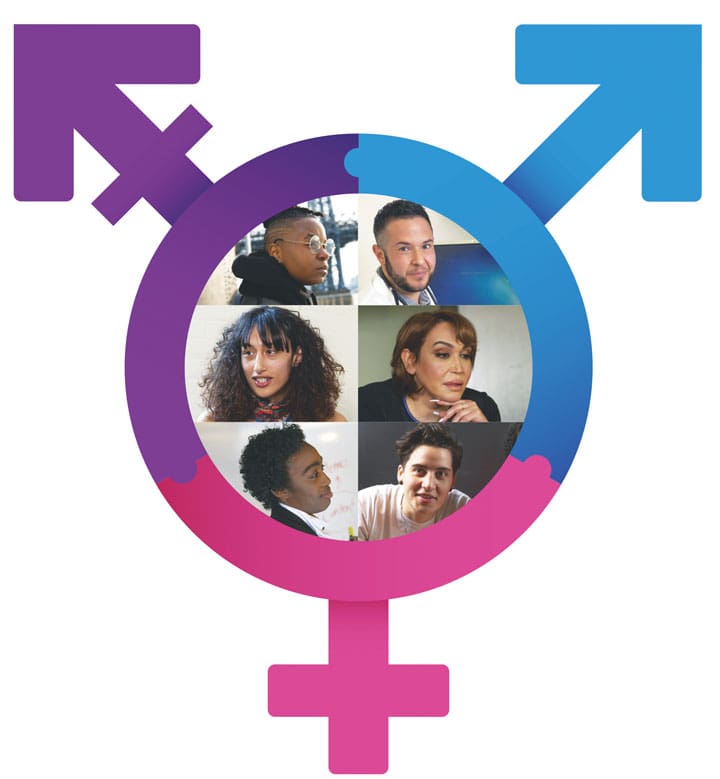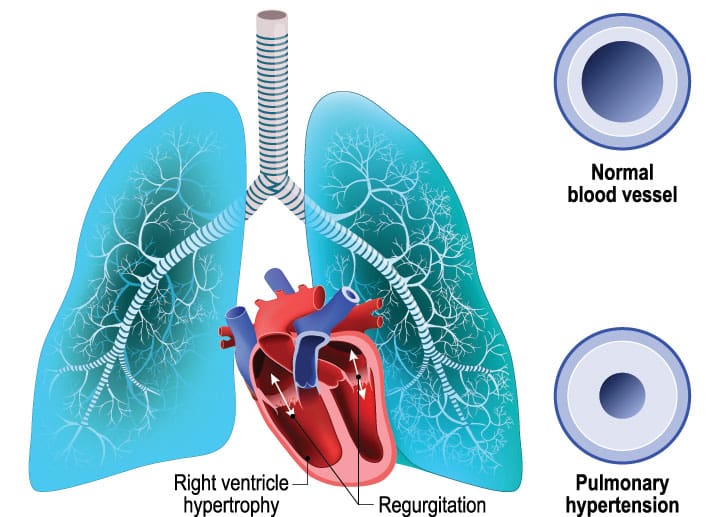WE BELIEVE nurses are leaders of healthcare transformation. However,
when I see nurses in visible, important roles who deny their professional identity as registered nurses (RNs), I vacillate between anguish and anger. When reading a news article about
current healthcare issues or skimming a roster of presenters for a high-profile meeting, I check to see if RNs are represented. Often, they’re very few compared to the MDs, MBAs, and MHAs. Sometimes no one’s credentials are listed, but what raises my ire is seeing names of individuals I know are nurses who don’t identify themselves as RNs when others proudly list their credentials.
Is it possible that the very traits that enable nurses to be effective in serving those who need our care are seen as restraining forces for securing influential roles throughout the healthcare field? Do nurses who attain powerful positions do so by concealing their nursing credentials?
Certainly, not all of them do. When someone asks me what I do, my first response is, "I’m a registered nurse." This basic point of reference provides a platform for describing the various roles nurses play in health care—not just at the bedside but in the classroom, community, government, and combat and at policy tables as advocates for improving the care and
health of our nation.
So what leads a nurse to repudiate her or his professional identity? A conscious decision to abandon your active license because you no longer practice nursing makes sense and is appropriate and honest. But I’ve had conversations with colleagues who freely admit, "I have two sets of business cards, one with RN and one without." Others have told me, "There are times
when it just isn’t helpful to let anyone know I’m a nurse." They expect me to understand. But if nurses are the most trusted professionals, why the embarrassment or fear of bias?
The answer may be in understanding the conflict between altruism and autonomy. In the late 19th century, nurses accepted their duty to care and adopted caring as their identity. They expressed altruism but not autonomy. Historian Susan Reverby has analyzed the dilemma of nurses struggling to fulfill a duty to care while having the right to control their activities—but without
being subservient (see Ordered to Care: The Dilemma of American Nursing [1850-1945] ). She recounts the difficulties establishing a link between altruism (the basis for caring) and autonomy (the basis for rights).
In the early 20th century, as hospitals grew rapidly in number, so did hospital schools of nursing. The schools controlled student experiences, essentially confining education to the places where a pair of hands was needed. Students were the nursing workforce, stifling employment
for “trained” nurses. When nurses eventually moved into hospital employment in larger numbers, a parallel feminine culture developed to share power with the male dominated practice of medicine. In the nursing hierarchy, the superintendent passed orders to the trained nurse or student. Power struggles emerged among nursing superintendents, hospital superintendents, and physicians. The
result: subordination of nurses to both groups.
Almost a century later, we’ve emerged from the ideology of a duty to care without rights to control our practice. But conflict remains as we continue to seek equality and rights in a paternalistic system. Caring as an identity competes with autonomy. Professional identity
is associated with prestige and autonomy, but stigmatized individuals have little prestige. Are nurses stigmatized as having no autonomy? If so, are nurses who deny their credentials fleeing the stigma by concealing their professional identity?
Social identity theory may shed some light. A social identity that threatens to diminish your status can affect your self-concept and well-being. One approach to changing social identity is maintaining individual mobility—a self-enhancement strategy where someone seeks to belong to another group believed to have higher status. The expectation requires living up to the norms of
the new group. Some nurses may seek escape from the image of being bound by the duty to care, and thus pursue positions associated with autonomy. Others tire of being marginalized due to long-standing prejudices that perceive nurses as lacking business acumen or as being sentimental and not scientific. They flee to transcend the gender- and class-tainted healthcare hierarchy.
This centuries-long power struggle requires our collective efforts to propel RNs to claim new roles throughout health care. Denial of being a nurse may serve the individual but hurts everyone who’s fighting to reverse the stigma and subordination that slow us down.
Pamela F. Cipriano, PhD, RN, FAAN, NEA-BC
Editor-in-Chief


















3 Comments.
Let me add another perspective. Some do not admit to being a nurse because they are frustrated with being asked the degrading question throughout their careers, “are you one of those 2, 3 or 4 year nurses?”. Furthermore, physicians, the media, and general public often group “nurses” with nursing aids, LPNs, LVNs, and ADNs. Any professional identity has been long lost. To avoid the time and again explanations, just denying your identity is easier and less embarrassing. NP, not nurse works well.
This hit close to home. I have worked my entire career on interdisciplinary teams, and my identity as a nurse was a source of pride. However, I must say that when working with physicians, it helped to have a Ph.D. Either we were all “doctor” or we were all on a “first name” basis. There is prejudice, no doubt, but the best way to counteract it is to be recognized as a nurse and be too outstanding to dismiss. Nurses are best served by earning respect not hiding their credentials
Re:editorialRN:Pride and Prejudice.RIGHT ON